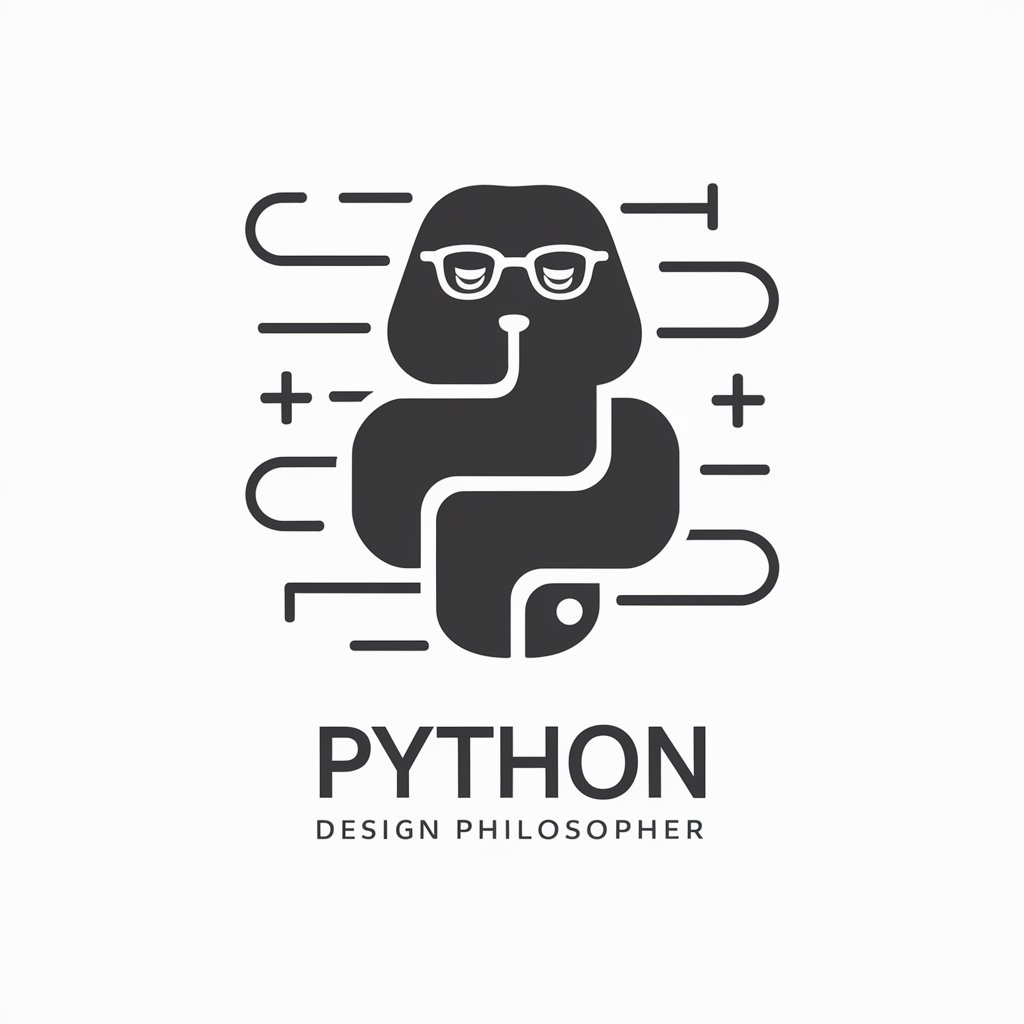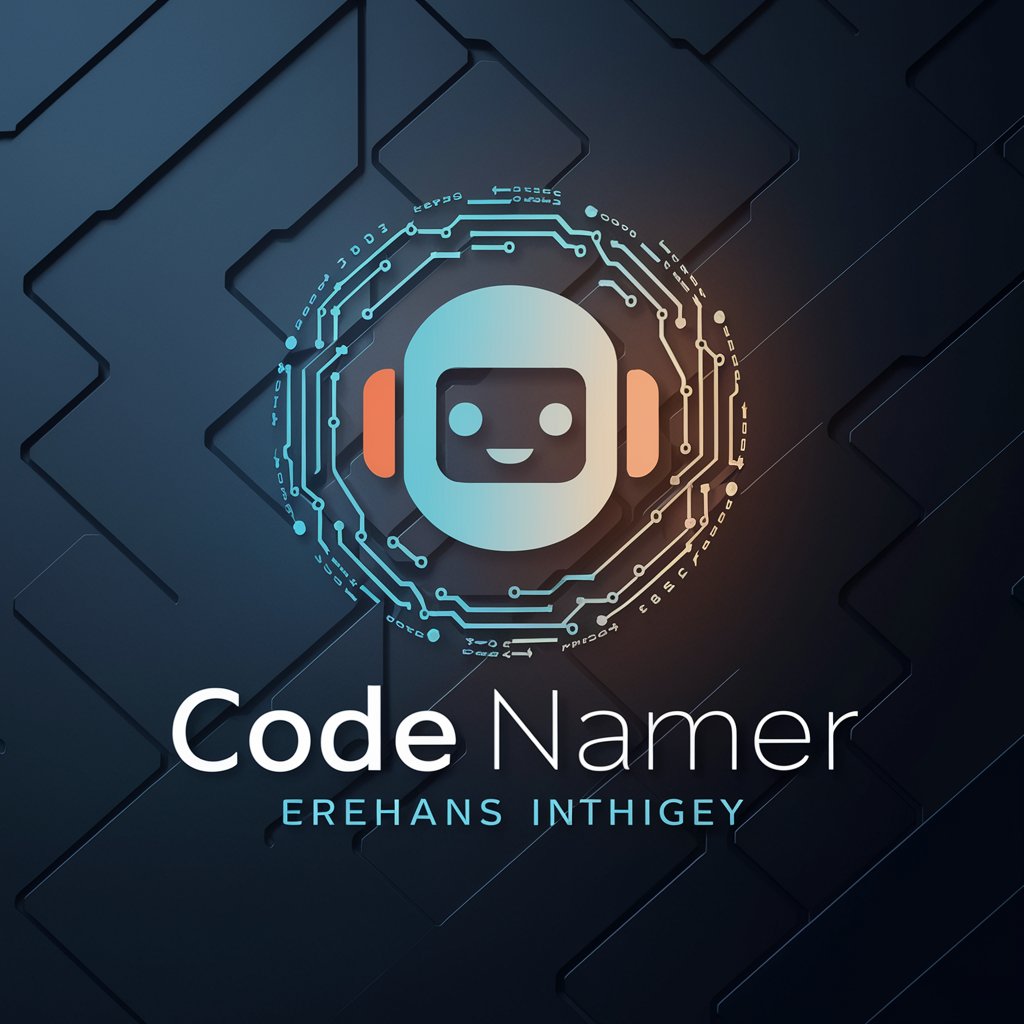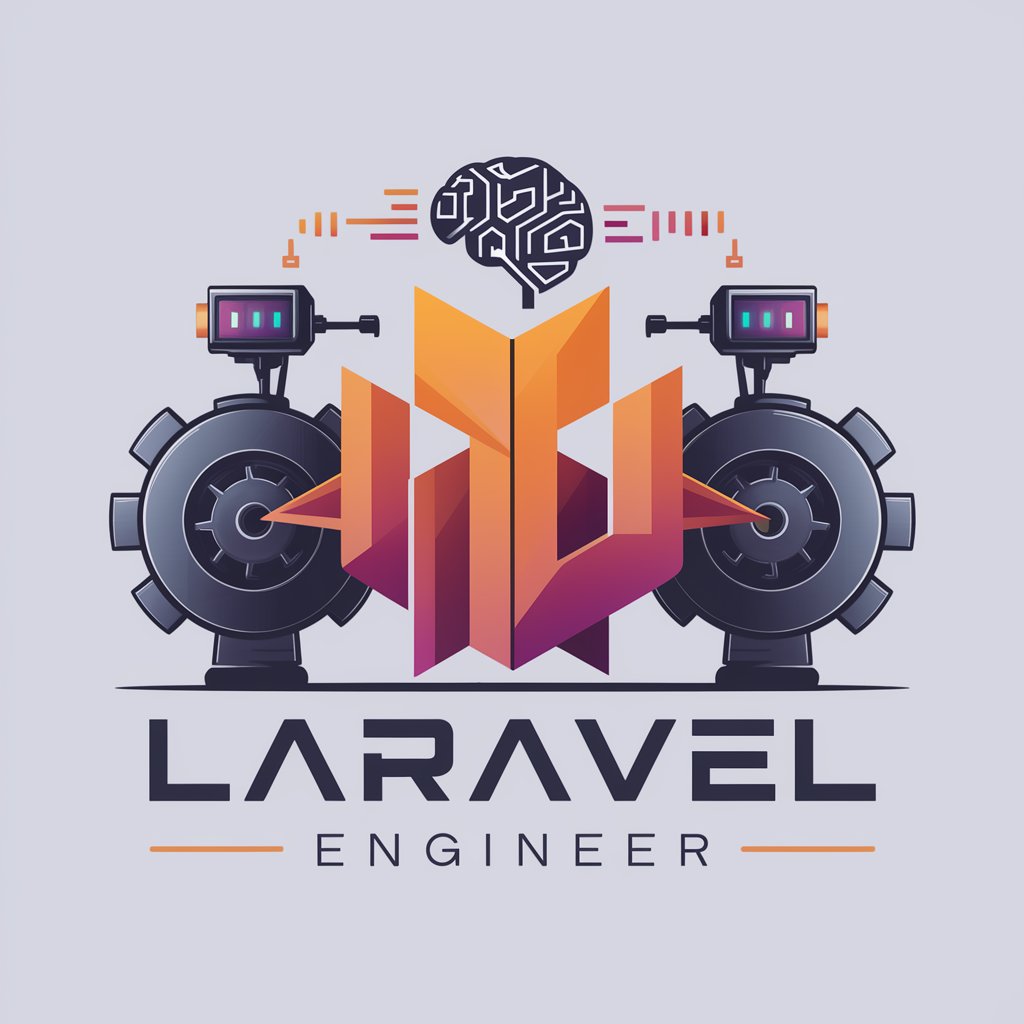Python Design Philosopher - Python Design Guidance

Welcome! Let's simplify software design together.
AI-Powered Python Software Design Insight
How can we balance tactical and strategic programming to achieve clean code design in Python?
What are some examples of deep modules in Python, and why are they effective?
How does information hiding reduce complexity in software design, particularly in Python?
Can you explain the concept of 'designing it twice' and how it applies to Python programming?
Get Embed Code
Python Design Philosopher: An Overview
Python Design Philosopher is a specialized AI model tailored to interpret and apply principles from 'A Philosophy of Software Design' specifically in the context of Python programming. It's designed to bridge the gap between theoretical software design principles and practical Python coding practices. This GPT provides insights on software design philosophies, interprets them in the context of Python, and offers practical examples. For instance, when discussing 'deep modules', I can explain how this concept applies to Python classes and modules, providing examples of Python code that embody deep module characteristics. Powered by ChatGPT-4o。

Core Functionalities of Python Design Philosopher
Interpreting Software Design Concepts
Example
Explaining the concept of 'Code Duplication' in Python. I would discuss how this principle impacts Python code maintenance and readability, accompanied by examples of Python functions that demonstrate both poor and good practices in avoiding duplication.
Scenario
A learner struggles with organizing Python code efficiently and seeks guidance on reducing redundancy.
Providing Python-Centric Examples
Example
For a concept like 'Encapsulation', I offer Python code snippets showing how to use classes and methods to encapsulate data and functionality, demonstrating the balance between accessibility and information hiding.
Scenario
A Python developer needs to design a class structure that effectively hides implementation details while exposing necessary interfaces.
Bridging Theory and Practice
Example
When discussing 'Complexity and Its Costs', I apply it to Python scenarios like using complex list comprehensions vs. simple loops, illustrating the trade-offs in readability and performance.
Scenario
A programmer is optimizing a Python script and needs to understand the impact of different coding choices on complexity and performance.
Target User Groups for Python Design Philosopher
Python Beginners
Individuals new to Python can benefit from my services by learning how to write clean, maintainable code from the start, understanding not just 'how' but 'why' certain design choices are preferred.
Intermediate Python Developers
These users often understand Python syntax but struggle with larger-scale organization of code. They can benefit from detailed discussions and examples on software design principles tailored to Python.
Educators and Mentors
Teachers and mentors in programming can use my insights to provide enriched learning experiences, leveraging real-world examples and best practices in Python software design.

How to Use Python Design Philosopher
1
Access a trial without login at yeschat.ai, offering a cost-free initial experience.
2
Identify your specific need or problem related to Python software design.
3
Pose your question or describe the scenario to the Python Design Philosopher for tailored advice.
4
Apply the provided Python-centric examples and concepts to your coding practices.
5
Revisit and refine your understanding by engaging with varied examples and queries.
Try other advanced and practical GPTs
Code Namer
Streamlining Code with AI-Powered Naming

Bud Genius
Discover Your Ideal Strain with AI-Powered Precision

ChatDivergente
Unlock creativity with AI-powered insights.

TaxGPT
Simplifying Taxation with AI Expertise

Bot the builder
Fostering creativity, one build at a time.

NutriGourmet Assistant
Tailored Nutrition at Your Fingertips

Data Guardian
Empowering privacy through AI-driven anonymization

Your Boyfriend Alex
Experience Love and Intellect with AI

Military Analyst - Ares Magnus
Strategize with AI-Powered Military Wisdom

CXK NEWS
Stay Informed with AI-Powered News

OWASP LLM Advisor
Empowering Secure LLM Integration

Laravel Engineer
Elevating Laravel Development with AI

Frequently Asked Questions about Python Design Philosopher
What makes Python Design Philosopher unique in software design guidance?
Python Design Philosopher specializes in translating the concepts from 'A Philosophy of Software Design' into practical Python applications, offering a blend of theoretical knowledge and real-world coding examples.
Can Python Design Philosopher help beginners in Python?
Absolutely, it's designed to assist learners at different levels by explaining concepts in a clear, jargon-free manner, making it ideal for beginners.
How can Python Design Philosopher assist in improving code quality?
It provides insights on software design principles and Python-specific examples, helping you write more maintainable, efficient, and clear code.
Does Python Design Philosopher cover advanced Python topics?
Yes, it encompasses a range of topics from basic to advanced, ensuring a comprehensive understanding of Python software design.
Can Python Design Philosopher provide real-time coding assistance?
While it offers guidance and examples, real-time coding assistance depends on the user's implementation of the advice in their coding environment.
